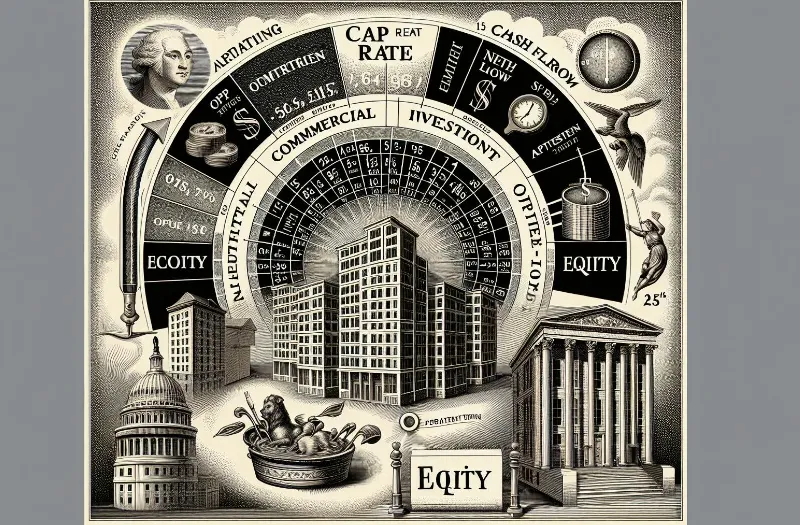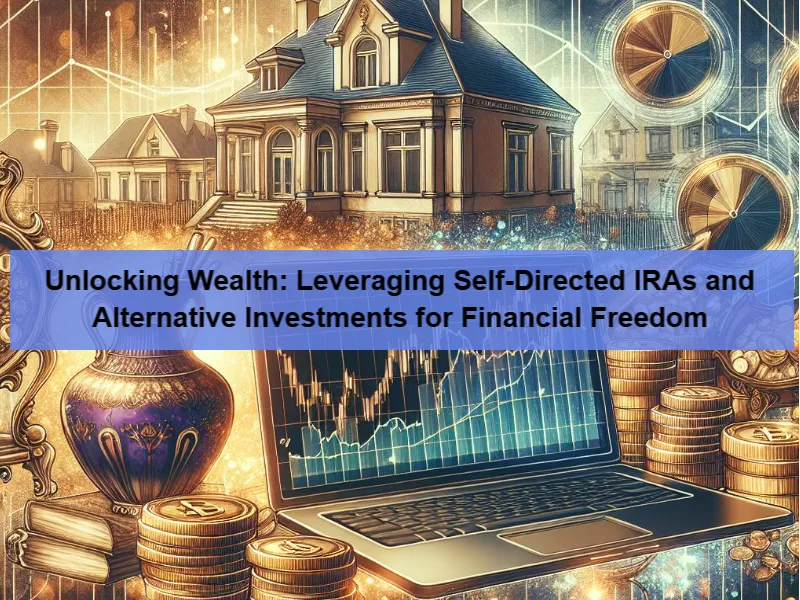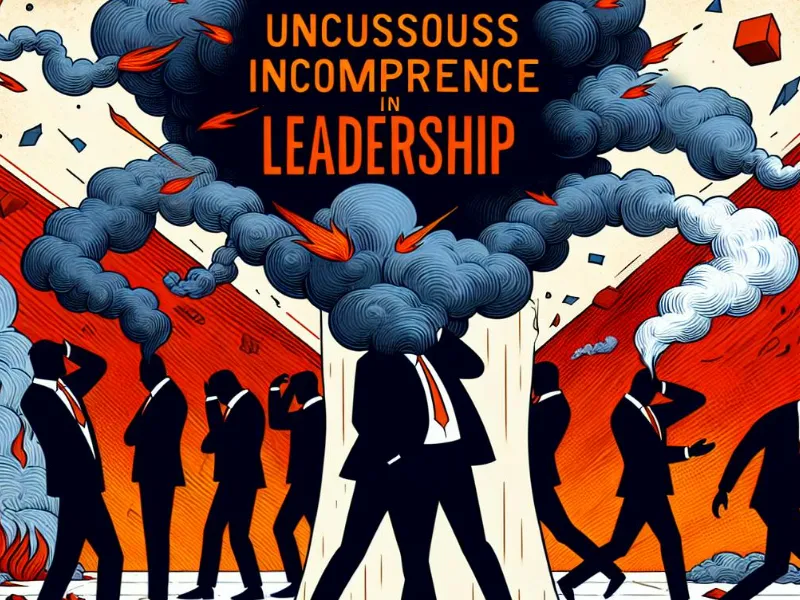Why Real Estate Investing is Really a Business About Marketing

Introduction: The Overlooked Engine of Real Estate Success
When many people think of real estate investing, they envision sprawling properties, detailed spreadsheets, and endless tenant interactions.
However, an often-overlooked truth is that real estate investing is fundamentally a business about marketing.
Without effective marketing strategies, even the most luxurious properties can languish in silence while less appealing ones flourish.
It's time to change the conversation and recognize how pivotal marketing is to success in this sector.
The Concept of Marketing in Real Estate Investing
Marketing in real estate goes beyond traditional advertising.
It encompasses branding, lead generation, client communication, property presentation, and digital presence.
Successful investors understand that marketing influences every aspect of the business, from acquiring properties to securing tenants.
Key Benefits of Marketing in Real Estate:
- Enhanced Visibility: Proper marketing ensures that properties get noticed in a crowded market.
- Better Tenant Acquisition: Smart marketing can attract high-quality tenants more quickly.
- Increased Property Value: Effective branding can elevate property appeal and value.
- Improved Cash Flow: Strong marketing can lead to quicker leases, resulting in steady income.
- Long-term Sustainability: A solid marketing strategy builds a lasting business foundation.
Real Estate Marketing Success Stories
The Example of Grant Cardone
Grant Cardone, a renowned name in real estate investing, emphasizes the importance of marketing throughout his career.
His strategy revolves around leveraging social media and online content.
For instance, Cardone uses YouTube and webinars to reach potential investors and tenants, showcasing his properties and personal brand.
His approach has led to a massive following, effectively turning views into property investments.
The Wisdom of Barbara Corcoran
Barbara Corcoran, a prominent real estate mogul and "Shark Tank" investor, believes that marketing is the crux of her success.
She famously stated that "the real estate business is a marketing business.” Corcoran's success with her own brokerage stemmed from innovative marketing techniques, such as showcasing properties with stunning visuals and clever descriptions that resonated with buyers.
By focusing on presentation and storytelling, she carved out a niche that was different from her competitors.
The Digital Shift in Single-Family Homes
In the world of single-family homes, successful investors have embraced the digital landscape.
Consider the approach taken by investors like Ryan Serhant, who has harnessed platforms like Instagram to create a personal brand that attracts buyers and sellers alike.
His strategic use of marketing tools—virtual tours, engaging content, and targeted ads—has turned many listings into high-demand properties.
Marketing Strategies That Transform Real Estate Investing
Social Media Marketing
Platforms like Facebook and Instagram have revolutionized how investors showcase their properties.
By posting high-quality images, videos, and engaging content, investors can create a buzz that draws in potential tenants or buyers.
For instance, Matt Lee, a successful commercial real estate investor, leverages Instagram to provide insights into market trends and property highlights, establishing himself as an authority in the sector.
Content Marketing
Blogs and informative articles can position investors as experts in their field.
For example, BiggerPockets is an online community where investors share insights, tips, and personal experiences.
Those who contribute articles not only educate readers but also build their personal brand, creating potential leads for future deals.
Email Marketing

Building an email list is an invaluable tool for real estate investors.
By sending regular newsletters with market updates, investment tips, or property listings, investors can nurture relationships and keep their audience engaged.
Investors like John Lee Dumas utilize email marketing to maintain a close connection with their followers, which has contributed to their consistent success.
The Role of Online Platforms
The advent of online real estate platforms has made marketing significantly easier.
Websites like Zillow and Realtor.com allow investors to list their properties to a broader audience without requiring hefty marketing budgets.
These platforms not only bring in potential buyers but also facilitate the generation of reviews and ratings, further enhancing the properties’ attractiveness.
Mobile Home Parks and Marketing
Investing in mobile home parks requires a unique marketing strategy.
Investor Frank Rolfe emphasizes that the secret to success in this niche lies in targeted marketing to specific demographics.
By identifying and reaching out to potential residents through localized advertising and community events, he has successfully turned mobile home parks into profitable ventures.
Branding: The Overlooked Asset
In real estate investing, branding is synonymous with trust.
An investor’s brand reflects their values, ethics, and expertise.
For example, in the self-storage market, investors like Extra Space Storage have built strong brands around reliability and accessibility, leading to high occupancy rates and customer loyalty.
Their marketing reflects a commitment to customer service, which sets them apart in a competitive industry.
Marketing for Commercial Real Estate
Commercial real estate investors have significantly benefited from strategic marketing.
Investors like Barbara Krameres have utilized direct mail campaigns and networking events to build relationships with potential tenants, showcasing the benefits of specific properties in unique ways.
This engagement helps to establish long-term partnerships, driving higher occupancy rates.
The Synergy of Networking and Marketing
Networking can amplify marketing efforts exponentially.
By collaborating with other professionals—be it real estate agents, mortgage brokers, or contractors—investors can extend their reach and attract more clients.
Many successful investors like Joe Fairless advocate for this approach; they attend conferences and local meetups to promote their properties and brand.
The Power of Testimonials and Reviews
Testimonials can significantly impact marketing effectiveness.
Investors who actively solicit and display positive reviews on platforms like Google My Business and Yelp create a compelling case for their properties.
For example, real estate investor Chris Prefontaine emphasizes the importance of cultivating a referral network through satisfied clients, which reinforces credibility and drives new leads.
Conclusion: Embrace Marketing for Real Estate Success
In conclusion, if you're looking to succeed in real estate investing, it’s imperative to recognize the powerful role marketing plays.
From effective branding to leveraging digital platforms and nurturing relationships, your ability to market your investments can drastically influence your success.
As exemplified by successful investors across various real estate niches, mastering marketing strategies will position you to thrive in this competitive business landscape.
Take inspiration from these industry leaders, and embrace marketing as the cornerstone of your real estate journey.
The best time to begin is now!
































